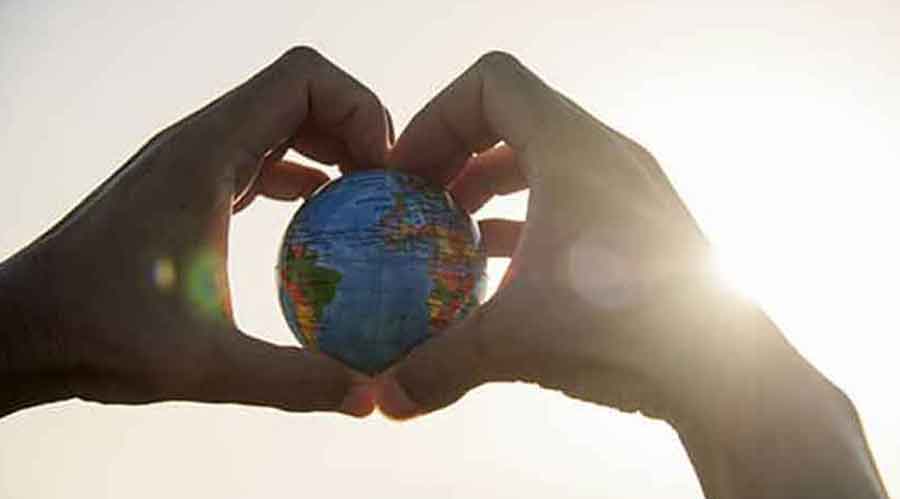Inequality is a multi-dimensional problem. It can thus manifest itself in different — unexpected — forms. There is now data to suggest that climate change may be adversely affecting certain social groups more than others. This novel concomitance has been corroborated by a recent study by the United Nations. According to the Sixth Assessment Report of the Intergovernmental Panel on Climate Change, vulnerable communities, particularly in Asia, Africa, and Central and South America, are bearing a greater brunt of climate change owing to poverty, lack of resources and marginalisation in spite of historically contributing the least to environmental degradation. While such a hypothesis is not unprecedented, this is perhaps the first time that the IPCC has provided compelling evidence of inequality being all pervasive in the context of climate change — it is global and local. This correlation between the two seemingly independent variables, climate change and inequality, is playing out in the Indian context as well: the climate vulnerability of such communities as Dalits, Adivasis, minor agriculturalists, urban poor, women and sexual minorities is greater than the other demographies. For instance, socially disadvantaged groups like the backward castes are more than three times likely to migrate within the country owing to adverse climate events, according to a 2022 study by the International Institute for Environment and Development. In over 100 Indian villages affected by drought — its frequency is expected to worsen as climate change intensifies — Dalits are being denied access to water sources owing to the still prevalent practice of untouchability. That is not all. According to a report by UN Women, climate adversities have the potential of increasing the mortality rate of and the scope of sexual violence against backward caste women as they have to travel longer distances to gain access to water and food.
There is thus an urgent need to recalibrate mitigatory action against climate change in a way that its benefits reach the weakest segments. Policy transitions must also be alert to this kind of inequality. For example, the ambitious target that India has set for phasing out fossil fuels by 2030 must take into consideration the fact that 300 million Indians still do not have access to electricity. While, the developing world justifiably preaches developed economies about climate justice, perhaps they need to take a closer look at their own record as well.










